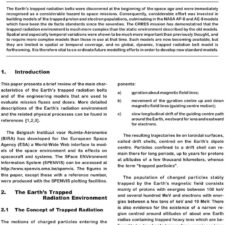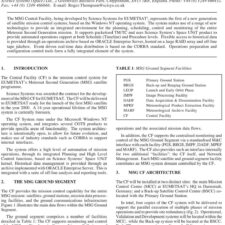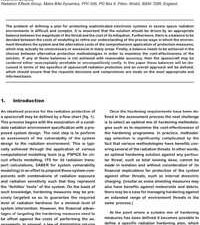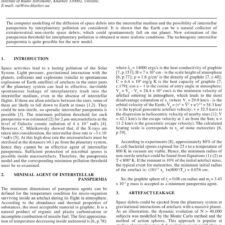Small Step or Giant Leap – Human Locomotion on Mars
£5.00
A. Hawkey (2004), JBIS, 57, 262-270
Refcode: 2004.57.262
Keywords: Human locomotion, Mars, gravity, mechanics, energetics
Abstract:
Human locomotion on Mars will be considerably different from on Earth. Optimum walking speeds will be approximately 30% lower and transitioning from a walk to a run will occur at a speed 25% slower. Peak vertical forces will be reduced by as much as 50%, and although ground contact time will remain constant with locomotion in 1g, stride length and stride time will increase. During running on Mars airborne time will increase by approximately 80% in comparison to running on the Earth. On Mars, half as much energy will be required to travel the equivalent distance on Earth and it will be 65% more economical to run rather than to walk. Crews will, therefore, find themselves using a loping gait – a running-like action, with a slight upper body lean and an extended aerial phase, an unfamiliar gait in terrestrial locomotion.





